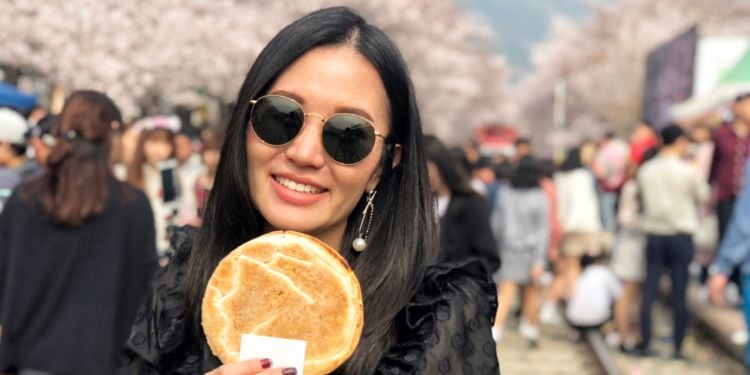
Whether you decide to take the plunge for a vacation or expatriation, you will, of course, be confronted with the cultural differences between Europe or America and South Korea - but don't panic! None of these differences is by any means insurmountable if you are planning to relocate to Seoul.
Learning the local language
The basis of any successful expatriation in South Korea is learning Korean. You may not need it in your work, depending on your status, but the language will undoubtedly prove useful in everyday life. Young Koreans speak English better and better, but it is not uncommon in 2019 to meet Koreans who speak only limited English. French is very little studied in Korea. Again, do not panic, you will not need perfect or even advanced Korean, however, culturally locals will appreciate the effort you have made to learn even a little Korean, and you will be better integrated as a result.
Learning the basics of Korean will also reassure your Korean interlocutors, who can be intimidated by foreigners due to the relatively few expats present in Seoul.
Good to know:
Some global village centres offer free Korean classes for foreign residents, such as Yeoksam or Seoremaeul.
Understanding how Koreans behave
The second step is to understand that the Korean concept of society is different from that in Europe or elsewhere. Thus, there are important rules you will need to respect, even as a foreigner.
For the majority of Koreans, the collective is more important than the individual. For example, you will have to get used to the fact that meals shared with Koreans are not individual dishes but often shared, with traditional condiments called "banchan" at the centre of the table, available to all. Koreans rarely use the equivalent of "I" and instead use, “we" although to European ears this may sound strange. ("Our mother" will be preferred to "my mother", for example).
Don't be surprised if an acquaintance or colleague allows himself to make a remark (positive or negative) about your weight gain or loss, the presence of dark circles under your eyes, or your hair - most of the time the remarks are a sign of caring or concern.
Because of the primacy of the group over the individual, do not expect an apology if someone accidentally jostles you, and try not to get annoyed if somebody does not hold the door for you, these are in fact cultural differences and are not directed against you.
Korean society is very hierarchical, both in the professional world and in the private sector. You will observe this hierarchy while at work, of course, where respect for your superiors must be carefully observed (addressing your direct superior to make a request or during a task is repeated systematically without ever skipping a step, with a bow that must be emphasised even more before a superior) but also in everyday life.
In the streets of Seoul, your superiors will be the elderly. Korean people show respect to their elders much more than in European cultures, so you will probably be jostled in the subway or in the streets by Ajummas (older woman) and Ajushi (mature older man) - this is considered normal. Don't be surprised to see an elderly person take place in front of you in a queue without anyone reacting - respect for seniors is shown by giving them your place, especially in the metro, where you must not take those seats reserved for them.
To illustrate the differences in the concept of politeness, while spitting on the floor or not apologising after jostling someone is not seen as disrespectful. An overly enthusiastic emotional display between a man and a woman will be considered very misplaced. Nevertheless, manners evolve, and holding hands or a quick kiss, even on the lips, has become more common today.
Cultural differences between Europe and South Korea are numerous, so you will need to start with patience and an open mind. You will undoubtedly appear different - both physically and mentally - which will attract the curiosity of Koreans who may sometimes stare at you openly.
The secret to success will be your ability to absorb the cultural codes of Seoul, observe the life around you, and adapt to new behaviours - this can be done gradually, and most locals will look on your mistakes with generosity!
We do our best to provide accurate and up to date information. However, if you have noticed any inaccuracies in this article, please let us know in the comments section below.








